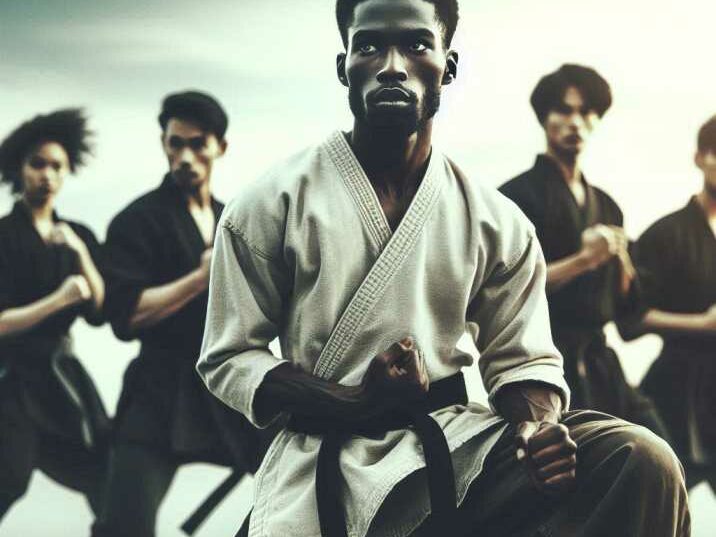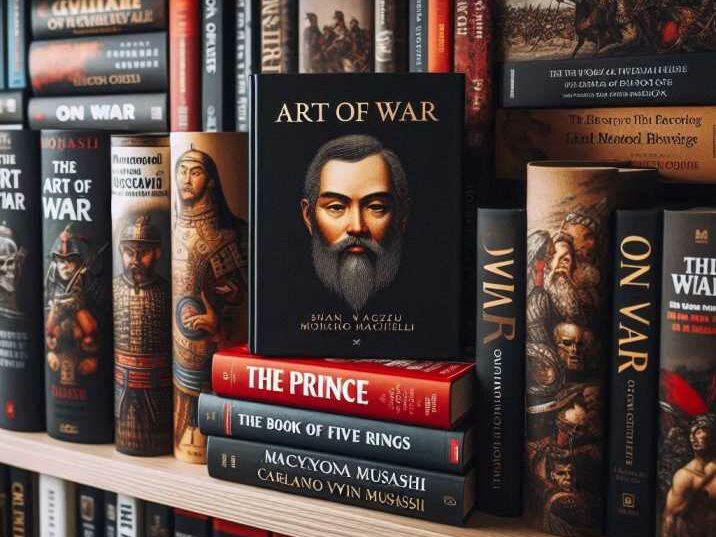Table of Contents
- Introduction: Why Is It Called Martial?
- The Etymology of “Martial”
- Historical Significance
- Martial in Martial Arts
- Martial Law and Its Implications
- Martial in Literature and Popular Culture
- Conclusion
- FAQs
Introduction: Why Is It Called Martial?
Table of Contents
Have you ever wondered why it is called martial? The term “martial” pops up in various contexts, from martial arts to martial law. Understanding the origins and meanings of this word can give us a deeper appreciation of its use in different areas. In this blog post, we’ll explore the etymology of “martial,” its historical significance, its role in martial arts and law, and its presence in literature and popular culture.

The Etymology of “Martial”
The word “martial” has roots in ancient history. It is derived from the Latin word “Martialis,” which means “of Mars.” Mars was the Roman god of war, equivalent to the Greek god Ares. The term “martial” is closely linked to war and combat because Mars was revered as a powerful deity associated with military prowess and aggression.
Origin in Roman Mythology
Mars, as a central figure in Roman mythology, was not only the god of war but also a guardian of soldiers and the state. His influence extended beyond the battlefield, symbolizing strength, courage, and protection. The Romans celebrated Mars with festivals and rituals, emphasizing its importance in their culture. Therefore, anything “martial” inherently carries the essence of combat and warrior spirit.
Historical Significance
The historical significance of “martial” is vast. Over centuries, the term has been used to describe various war-related activities and attributes. From martial armies in ancient civilizations to modern military forces, the word “martial” has always been connected to organized combat and discipline.
Evolution Through the Ages
During the medieval period, martial knights upheld the values of chivalry and honor. They trained in martial skills to protect their realms and serve their lords. As time progressed, the concept of martial prowess evolved to include strategic thinking and leadership, as seen in notable military figures like Alexander the Great and Napoleon Bonaparte.
Martial in Martial Arts
One of the most well-known uses of the term “martial” today is in martial arts. But why are these fighting disciplines called martial arts?
The Essence of Martial Arts
Martial arts are combat practices that originated for self-defense, military training, and law enforcement. These arts emphasize not just physical ability but also mental discipline and spiritual development. The term “martial” in martial arts underscores the connection to combat and warrior ethics.
Different Martial Arts Forms
There are numerous forms of martial arts, each with unique techniques and philosophies. Some popular martial arts include:
- Karate: Originating in Japan, it focuses on striking techniques using punches, kicks, and knee strikes.
- Taekwondo: A Korean martial art known for its high-flying kicks and fast footwork.
- Kung Fu: Chinese martial arts that encompass a wide range of styles and techniques, often inspired by animal movements.
- Judo: A Japanese martial art that emphasizes throws and grappling techniques.
These arts are called martial because they embody the principles of combat and self-defense, reflecting the historical and cultural significance of the term.
Martial Law and Its Implications
Another context in which the term “martial” is prominently used is martial law. This refers to the imposition of direct military control over civilian functions of government, typically in response to emergencies, unrest, or disaster.
Understanding Martial Law
Martial law is declared in situations where normal civil governance is deemed insufficient to maintain order and safety. Under martial law, military authorities take over judicial and administrative functions, often suspending civil rights and habeas corpus.
Historical Examples
Throughout history, martial law has been declared in various countries during times of crisis. For instance:
- The United States: Martial law was declared in Hawaii following the attack on Pearl Harbor in 1941.
- Philippines: President Ferdinand Marcos declared martial law in 1972 to suppress increasing civil strife and the threat of communist insurgency.
- Thailand: Martial law was declared multiple times, including in 2014, to control political unrest.
Martial in Literature and Popular Culture
The term “martial” has also made its way into literature and popular culture, often symbolizing conflict, bravery, and struggle.
Martial Themes in Literature
Many classic and modern works of literature explore martial themes. For example:
- “The Art of War” by Sun Tzu: An ancient Chinese text on military strategy and tactics.
- “War and Peace” by Leo Tolstoy: A novel that delves into the impact of the Napoleonic wars on Russian society.
Martial in Movies and Television
In popular culture, martial themes are prevalent in action movies, war dramas, and even superhero films. Characters often embody martial virtues such as honor, strength, and resilience. Some notable examples include:
- “Gladiator”: A film that showcases the life of a Roman general turned gladiator.
- “The Karate Kid”: A movie series that highlights the journey of learning martial arts and personal growth.
- “Mulan”: A story of a young woman who disguises herself as a man to take her father’s place in the Chinese army.

Conclusion
In conclusion, the term “martial” is deeply rooted in history and culture, deriving from the Latin word for Mars, the Roman god of war. Its significance spans from ancient military traditions to modern martial arts and law. Whether in the context of combat, legal authority, or cultural representation, the term “martial” carries with it a rich legacy of discipline, strength, and resilience.
FAQs
Q. Why is it called martial arts?
Martial arts are called so because they are combat practices that embody the principles of warfare and self-defense, rooted in the Latin term for Mars, the god of war.
Q. What is the origin of the word “martial”?
The word “martial” originates from the Latin word “Martialis,” meaning “of Mars,” the Roman god of war.
Q. How is martial law different from normal law?
Martial law involves military control over civilian functions during emergencies, suspending normal legal processes and civil rights.
Q. What are some examples of martial law in history?
Examples include martial law in Hawaii during World War II, the Philippines under Ferdinand Marcos, and Thailand during political unrest.
Q. How does the term “martial” appear in popular culture?
The term appears in various movies, books, and TV shows that explore themes of conflict, bravery, and military prowess.


